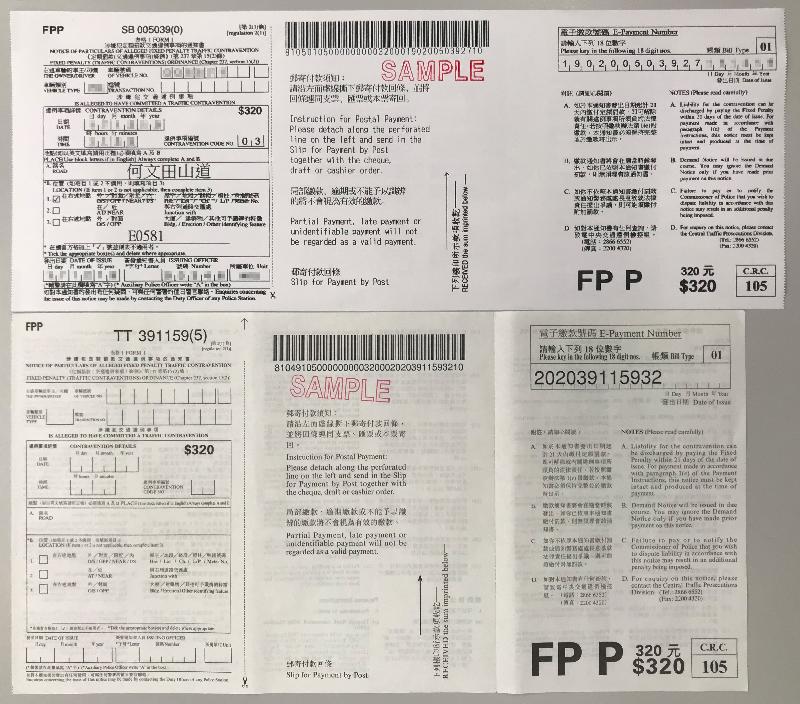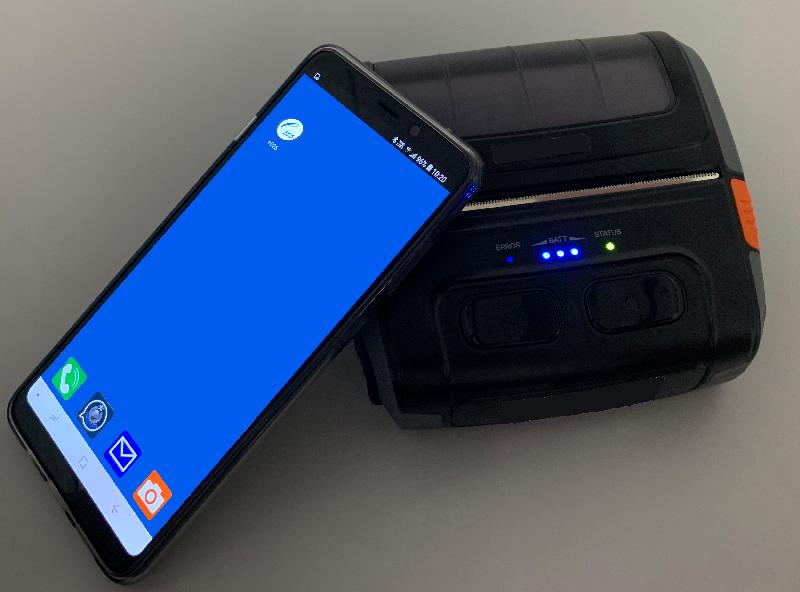The Hong Kong government today (6 April, 2020) extended, until further notice, the entry restrictions on non-Hong Kong residents arriving by plane.
All transit at Hong Kong International Airport will continue to be suspended until further notice.
The entry restrictions, which came into effect on the 25 March 2020, were announced by the Government on 23 March with the aim of reducing imported cases of the Wuhan virus know as COVID-19:
• All non-Hong Kong residents coming from overseas countries and regions by plane will be denied entry to Hong Kong;
• Non-Hong Kong residents coming from the Mainland, Macao and Taiwan will be denied entry to Hong Kong if they have been to any overseas countries and regions in the past 14 days;
• All transit services at Hong Kong International Airport will be suspended;
• All travellers coming from Macao and Taiwan, including Hong Kong and non-Hong Kong residents, will be subject to a 14-day compulsory quarantine, which is the same as the arrangements for people entering Hong Kong from the Mainland.
The entry restriction and suspension of transit services at the airport were at the time to be implemented tentatively for 14 days, ending on 7 April, 2020.
Exemptions to the above restrictions include:
• Crew members of aircraft who need to commute to and from foreign places in performance of necessary duties or crew members of goods vessels;
• Government officials carrying out government duties including personnel of consular posts;
• Personnel engaged in anti-epidemic work endorsed by the HKSAR Government;
• Spouses and minor children of Hong Kong residents.
All entrants to Hong Kong must complete 14-days compulsory quarantine on arrival.
Read the government press release https://t.co/WW8NKVLBqB?amp=1
More information can be found on the government’s dedicated website www.coronavirus.gov.hk




